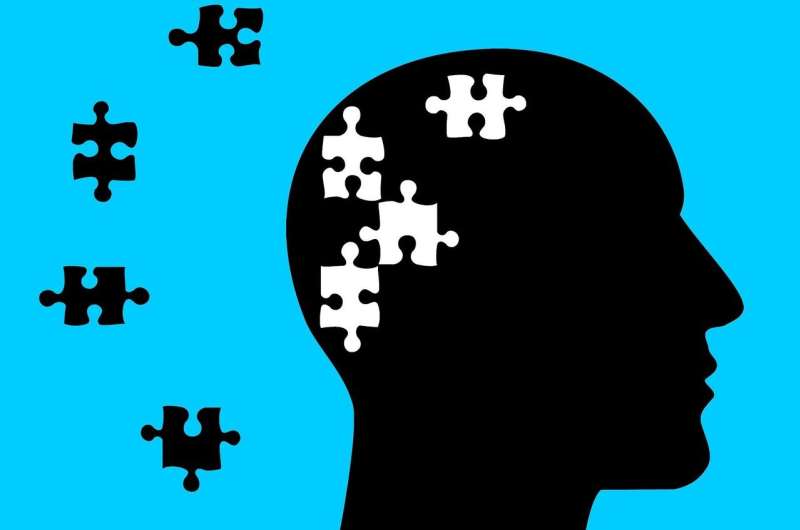Understanding What Happens in Your Brain When You Change Your Mind

Discover how brain activity influences our ability to change decisions and how understanding this process can improve decision-making skills in everyday life and professional settings.
Changing your mind involves complex processes within the brain that are still being researched by scientists. It is a phenomenon influenced by metacognition, the inner voice that assesses our confidence and decision-making skills. Interestingly, studies reveal that people change their minds less often than expected, despite frequently feeling uncertain about their choices. Moreover, when individuals do choose to change their decision, it often results in better outcomes, showcasing the brain's ability for accurate self-evaluation.
Neuroscientific research has demonstrated that brain activity patterns can predict a person's likelihood to change their mind even before the decision is consciously made. This insight opens avenues for enhancing decision accuracy through targeted brain training, especially in professions requiring critical judgments, like healthcare and security.
The reluctance to change decisions may stem from cognitive effort or social concerns. Deciding to alter one's choice often requires extra mental effort, which many prefer to avoid in everyday decisions, exemplified by the 'paradox of choice' where fewer options lead to higher satisfaction. Additionally, frequent changing of opinions can be perceived negatively in social contexts, potentially harming relationships.
Future research aims to identify reliable brain markers that predict and influence decision changes. This could lead to improved training techniques to foster better decision-making skills. Interestingly, in scenarios like the Monty Hall problem, switching choices statistically doubles the chances of winning, illustrating how understanding brain and decision processes can have practical benefits.
In summary, ongoing studies into brain activity and metacognition are shedding light on why we change our minds and how we can optimize this process for better personal and professional decisions.
Stay Updated with Mia's Feed
Get the latest health & wellness insights delivered straight to your inbox.
Related Articles
New Research Dispels Myths About Heredity and Mental Illness
New Danish research shows that heredity only partially explains mental illnesses, emphasizing the roles of environment and chance in mental health.
Understanding Postpartum Emotions: Worry and Self-Blame Among New Mothers
Many new mothers experience normal yet intense feelings of worry and self-blame after childbirth. This study from Aarhus University encourages open discussions to support maternal mental health and reduce stigma.
Lifelong Support for Autistic Adults: What It Looks Like
Understanding the lifelong nature of autism emphasizes the importance of continuous, adaptable support for autistic adults to promote well-being, independence, and community engagement.
Life After Near-Death Experiences: Enhancing Support and Care
New research highlights effective strategies to support individuals after near-death experiences, emphasizing validation, specialized care, and community support for better psychological outcomes.



